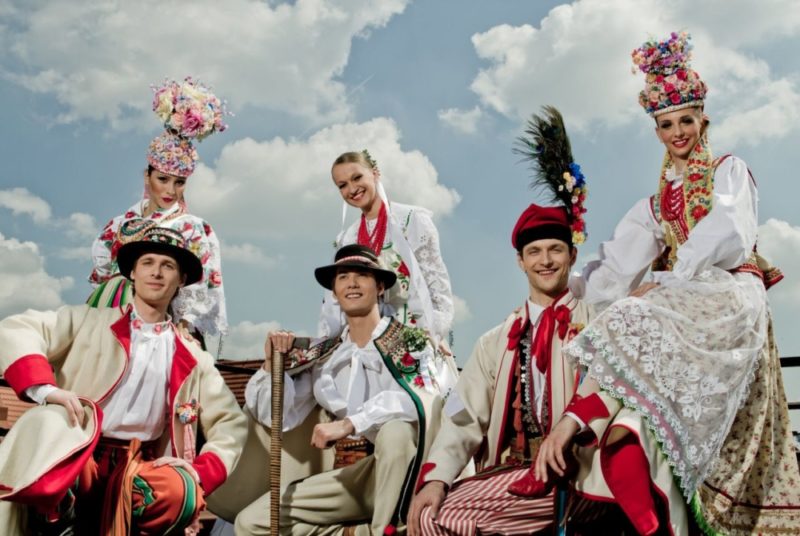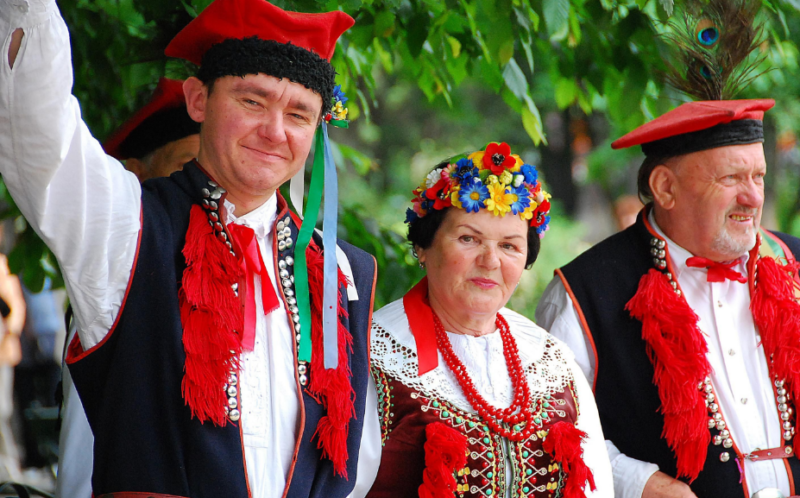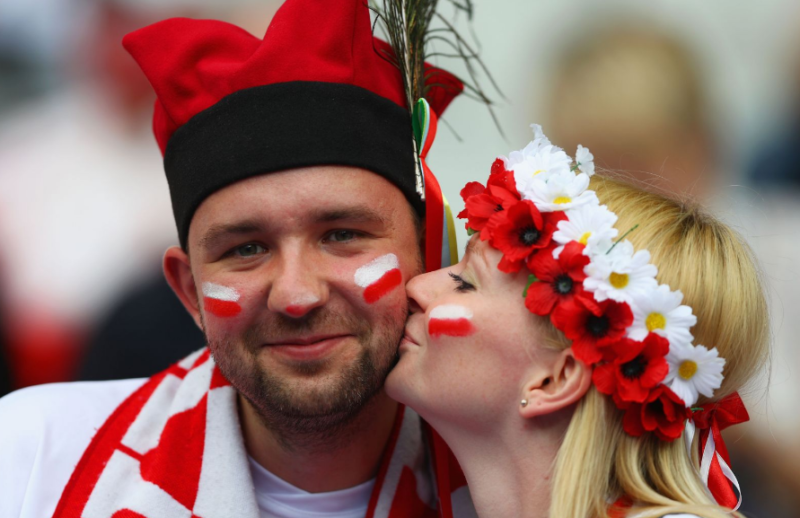Polish surnames formed over a long time. In the fifteenth century, the first mention of them appeared. After that, they underwent various changes, as a result of which now their sound is quite easily distinguishable from others.
Material Content:
Education Features
It was during the formation of the Gentry that the first Polish male surnames appeared. Due to the lack of regular troops in the country, the gentry had to unite in the event of a war and create a clan militia, which, after full formation, became subordinate to the king.
Shlyakhtichi, uniting in communities, gave the name to their clan, created a clan coat of arms, which gave the basis for the formation of the family name. Everyone who belonged to this clan bore such a surname, after which the concept of "stamp-related relationship" appeared. As a result, it turned out that people from different families had the same surname, which belonged to their clan and coat of arms.
Every Polish nobleman since that time had a rather long full name, it included:
- proper name;
- family name;
- the name of the place where the person is from;
- the name of the coat of arms.
Thus, a more prosperous Pole could be named: Yakub Lewandowski from the Sobenie coat of arms of Boych. Later this name was reduced to two names and began to look like this: Yakub Boycha-Lewandowski.
The poorer compatriots did not need surnames, and therefore began to wear them later. As a result, by the seventeenth century, all the townspeople had surnames, and after that the villagers.
Like many nations, the names of the Poles took their meaning on behalf of the ancestor, profession, place of birth. Surnames later became double, as among the gentry, and nowadays almost all consist of one word.
The main difference between Polish surnames is the suffixes -ts (s) cue or –e (o) vich. The first option used to belong only to the nobility, which indicated the presence of possession, symbolized its name. It was prestigious to have such a name. Another difference between Polish surnames is the stress, which is usually put on the penultimate syllable.
The second suffix came to Poland from Belarus and Ukraine, in which it was quite in demand and spoke of a high social status. He was not popular with the Poles.
The difference between male and Polish female surnames was established due to the difference in endings, so the name of the men will end with –s (q) ki, and for a woman it will end with –s (q) ka, for example, Chizhevsky - Chizhevsk or Zbarazhsky - Zbarazhsk. There are also surnames that do not change when changing the kind of carrier, they include such as: Novak, Koval, Kovalchuk.
In Poland, when married, it is customary to take the name of the husband, but it is permitted to have a double name. A man can take advantage of such a shift. At the birth of children, as a rule, they are given the name of the father. It is allowed to change the surname given at birth in the country.
There are many different reasons for changing it:
- dissonance;
- last name is not Polish;
- coincidence of a surname with a name and others.
For the pronunciation of Polish surnames in Russian, there are some features. So, the ending “ski” will sound like “sky”, the same applies to the female versions: “dska” - “dska”. And the surname, sounding in Polish, as “Kovalyuv” will sound and be written in Russian as “Kovalev”.
List of Polish surnames for men and women
As in other countries, in Poland there are more common, rare, beautiful, or funny surnames. Sometimes you need to know the translation from Polish, and in other cases one sound is enough, and the surname will always remain in your memory.
Beautiful
There are very beautiful surnames, they are ideal for combining with the names and patronymics of this people.
All of them are harmonious, suitable for men and women:
- Mantsevich;
- Brylsky;
- Delong;
- Gayos
- Flicker;
- Rax;
- Damensky;
- Kinsky.
There are not many such names; they are quite rare. Their origin is rather European, many are not inclined to go from father to daughter or from husband to wife.
Common
The most common surnames in Poland, according to statistics, are:
- Novak;
- Kowalski;
- Vishnevsky;
- Wojcik;
- Kovalchik;
- Kaminsky;
- Lewandowski;
- Zelinsky;
- Shimansky;
- Wozniak;
- Dombrowski.
The correct pronunciation of these names gives out Polish origin (emphasis on the penultimate syllable). The spelling is given in Russian transcription, in Polish the letter "n" is not pronounced and is not written.
Rare
There are also surnames that once appeared in Poland and then died out. There may be several reasons, but the main one is the lack of descendants or the last change of surname to another.
Of the extinct surnames include:
- Grifich;
- Popelids;
- Pasterns;
- Sobeslavich;
- Samborides.
Such surnames are quite rare in our time:
- Gediminovich;
- Buremski;
- Smut;
- Drutsky
- Zaslavsky;
- Mstislavsky and others.
The last carriers of these surnames did not leave descendants. Today, this can be worn either by those who have changed their dissonant, taking one of the names of their ancestors. For example, the surname Golovnya died out along the female line in 1590. This happened due to the fact that the lady married and took her husband's surname, but the descendants, when changing the surname, can take her a maiden and officially register under her.
















